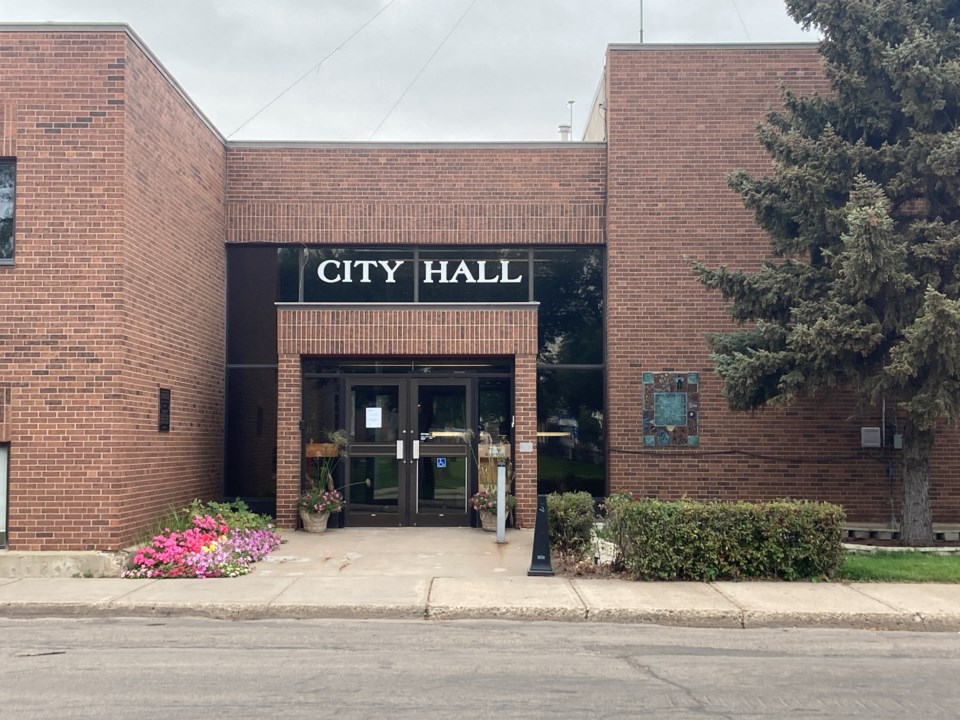It's an issue that comes up every four years for Saskatchewan municipalities: the impact of reassessment on property taxes.
The assessment system in Saskatchewan has long been a source of frustration. The Saskatchewan Assessment Management Agency carries out its work every four years. And it takes two years to release their findings. So that means the most recent reassessment occurred in 2023, and the adjustments weren't applied to this year. To top it off, the changes take effect after many municipalities have passed their budgets.
For new members of municipal councils in Saskatchewan who were elected last November, they face a steep enough learning curve as it is. Reassessment is just another thing they have to contend with.
Complaints about SAMA's process are nothing new. People who were in the Estevan area in 2017 remember all of the (understandable) griping by business owners when they saw their property taxes soar despite the fact we were well into an economic slowdown stemming from a crash in the price of oil. But because reassessment occurred in 2015, less than a year after the oil plunge occurred, they were particularly hard to swallow in 2017.
Four years ago, the impact of reassessment would have meant a $5 million hole in the city's budget without action. This year, it would have been $1 million.
There's always going to be lots of complaining about SAMA and the way they do things. Suggestions have been brought forward on everything from a two-year cycle instead of four, to having a cap on the assessment increase. SAMA's presentations tend to be long-winded and dry. But nothing seems to ever change, and so we'll likely get more complaints in four years.
I'm sure being part of SAMA is difficult work, but it would be nice to see a system that better serves residential and business property owners, as well as municipalities.
Until that unlikely day comes, it'll be up to municipalities to react to the system in place.
Estevan city council's response was a proposed increase to the minimum tax for residential properties from $750 to $1,200, and to have a base tax on commercial properties of $1,000. But council since decided to have the minimum tax at $1,000 for this year and $1,200 in 2026.
I'm all for a minimum tax in an effort to cover the cost of providing services to residents. Most of a municipality's revenues are from taxes, and they are responsible for a lot of services.
But the proposed increase for the minimum tax was 60 per cent. It wound up being about 33 per cent. And while some people who pay the minimum tax can afford the increase, a lot of them are low-income people who would struggle with a significant property tax increase, or renters who have little margin for their financials.
For those who aren't on a monthly plan to pay property taxes, the extra $250 will be even more difficult.
Granted, the long-overdue demise of the federal carbon tax for consumers helps put some money back in our pockets, but expenses are still higher for a lot of people than they were before.
The minimum tax has been around for a while in Estevan. I want to say it was introduced in 2004 and was $500 at that time. There weren't a lot of properties affected, but it was tough on them. The reasoning was what you'd expect: trying to get people's property taxes to cover the cost of services. It's gone up a few times since, but obviously council thought it had fallen behind if it's looking at an increase of $250-$450.
I'm not one of those who pays the minimum tax, and I'm not living paycheque to paycheque. But I remember when I was, and an increase of $20 per month on an expense would have been difficult.
It's death by 1,000 increases. The rising costs usually aren't staggering. But it's a little bit here and a little bit there that all add up. And in most cases, wages don't keep pace with the cost of living.
I'm glad council opted for a lower increase to the minimum tax, and that it's taking a phased-in approach. I hope the increases are actually more frequent to keep pace with the cost of doing business. I'd rather have a smaller, incremental and even annual increase in the cost of something, than a large increase every few years, especially if I haven't budgeted for it.
Hopefully, the next time SAMA goes through the reassessment process, the impact on our community won't be as significant.
And the next time council looks at the minimum tax, there won't be a staggering jump.



